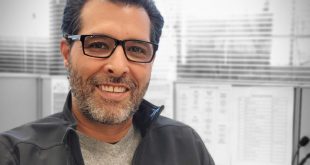In 2002 the Help America Vote Act was passed. Designed to help people with disabilities to exercise their right to vote more easily, it also, for the first time, granted individuals with disabilities the right to vote “independently and privately”. Yet here we are, more than a decade later, finding that barriers are still widespread–legal, physical and attitudinal.
A new report has been published by the National Council on Disability, an independent federal agency charged with advising Congress and the President on disability issues. Based on the experiences of nearly 900 people with disabilities who were queried on their experiences during the 2012 election cycle:
- 1 in 5 voters with disabilities said they were kept from casting their ballot on their own
- more than half encountered hurdles while inside their polling place, including rude or condescending attitudes from election workers
- nearly 40% said their polling place was physically inaccessible
- almost half indicated that technology was problematic.
The report also found that recent enactment of state laws requiring stricter identification at the polls, including voter photo IDs, will increase barriers to the voting process and further disenfranchise voters with disabilities, especially those under guardianships.
In response to the report’s findings, Clyde Terry, a member of the National Council on Disability, said:
People with disabilities make up approximately 1 in 5 of our nation’s population and yet 70 percent of polling places are still not accessible. A decade after the Help America Vote Act was signed into law, meaningful action by election officials to guarantee the most fundamental right of all Americans — including those with disabilities — is not only warranted, it is long past overdue.
Among the council’s recommendations are:
- the adoption of accessible voting equipment
- better training for election staff
- enhanced enforcement of voting and civil rights laws.
 Computer Technologies Program The Bridge to a Career
Computer Technologies Program The Bridge to a Career
